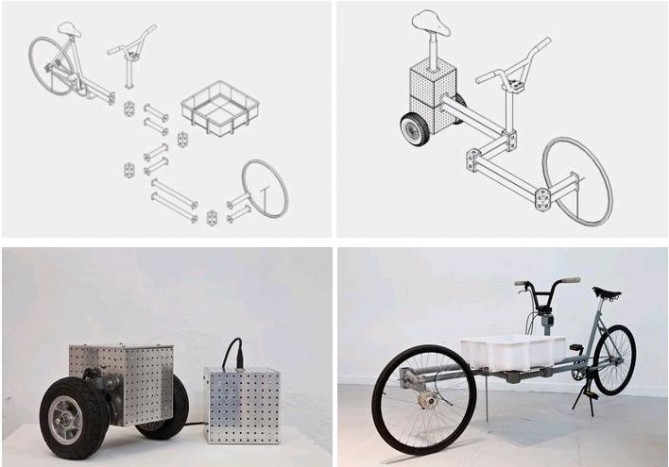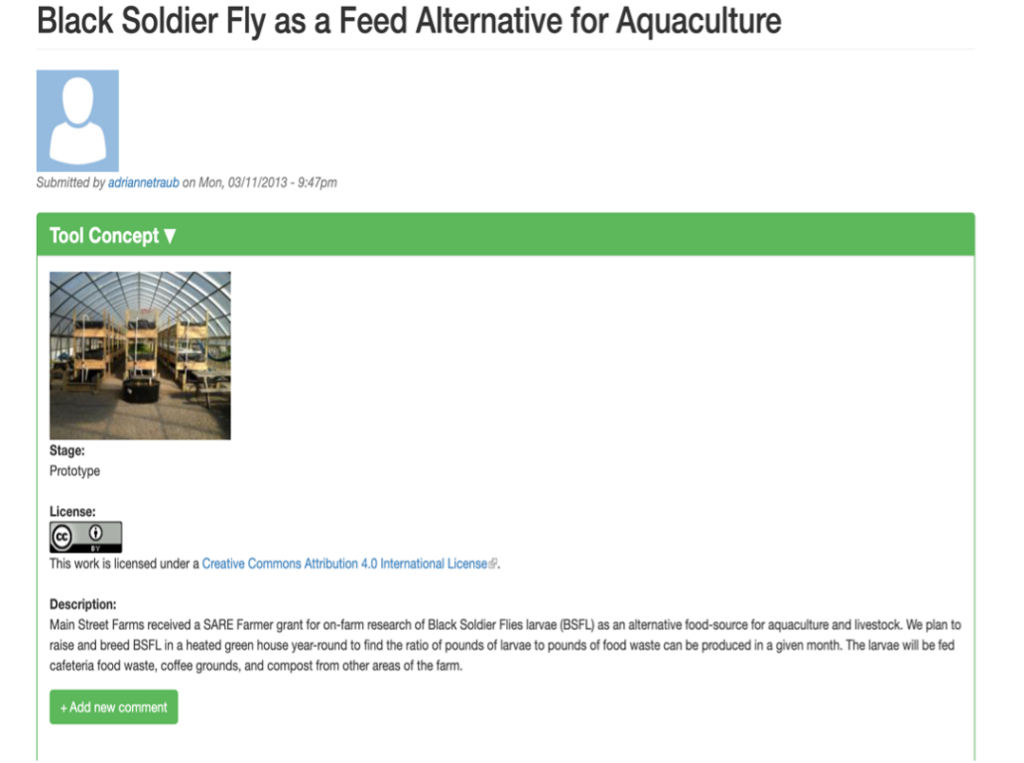
FarmHacks and digital commonwealth
The commons are happening around us every single day. So, what is commons? They are social systems that shape resources by a community of users/producers, and in this case, data could be seen as a pool for collective and private benefits. However, it is also argued that the enclosure of contemporary digital information is a form of a struggle over economic resources and power. The farm hack community also provides a web-based platform that allows its media users to share farming technology and knowledge, including all news and information about the real-life farm. It provides a place to learn from their peers and their elders’ successes and mistakes as well as absorb new innovations. The platform allows users to discuss more than tools and collaboration but also allows frequent interactions via comments and likes, which build up a cultural conversation community even without noticing it. We are contributing and helping build up the sharing economy every time we post something online. The goal of Farm hack is to contribute to the cultural conversation and embrace sustainable farming traditions of tinkering, inventing, fabricating, tweaking, and improving things that break. Also, non-farmer allies like engineers, designers, and likewise can also join the community and embrace our sustainable future. Farm hack is a result of digital technology and Web 2.0, and it can contribute to businesses, individual farmers, and even wider society. Online platforms like farm hack also intermediate the relationship between the service provider and their users since it allows users to interact with merch aims directly, which largely improves convenience and efficiency.
Opportunities and challenges of Farm Hack
Farm Hack allows media users to conduct multi-disciplinary work that combines data, advanced technology, and agriculture together. Rapid designing and a strong focus on end-user needs, contribute to a highly energetic and effective pressure cooker setting. This platform means to encourage collaboration to help find innovative uses for data. With FarmHack.NL, users have opportunities to bring new formats and ideas to their farms. Farmers nowadays are facing the challenge of embedded IT technology because innovation cycles are slow in agriculture, and technical providers are using non-interactive business models, which leads to pushing on technology instead of pulling it back. This results in difficulties to work with technology, leading to widespread mistrust among farmers. On the other hand, Farm Hack’s approach of open collaboration and sharing attracts younger users and leads to tangible results, such as working prototypes, visualizations, and analyses. But it also led to an exchange of knowledge, collaboration on common infrastructure, and a possibility to increase the power of the community. For technical providers, the platform also offers customers direct, fast, intelligent contact with access to creative tech talent.

Future of digital commonwealth
In this digital sharing economy era, it is important to create a new “data trust” network that provides citizens with access to and democratic control over their data, thereby improving their lives. It should be noticed that not only to democratize the rules on data collection but also to shift data control from a system dominated by data sharing. An important way to do this is through a data trust system – an autonomous legal body that acts as a guardian of a given data set, ensuring that data is shared in a secure and democratic manner. The data trust can help establish the policy foundation for the data sharing process – ensuring that collective data is anonymized, and de-commodified, and serves the public interest rather than the monopoly shareholders of the platform. The creation of a new data trust network is recommended, especially for the establishment of location-based data trusts. The Open Data Institute has recently recommended several best practices for data trust (based on three pilot sites) that should be incorporated into how these data trusts are established, structured, and governed. In this case, we can make the best use of data with trust and respect.
Thank you for reading it:)
